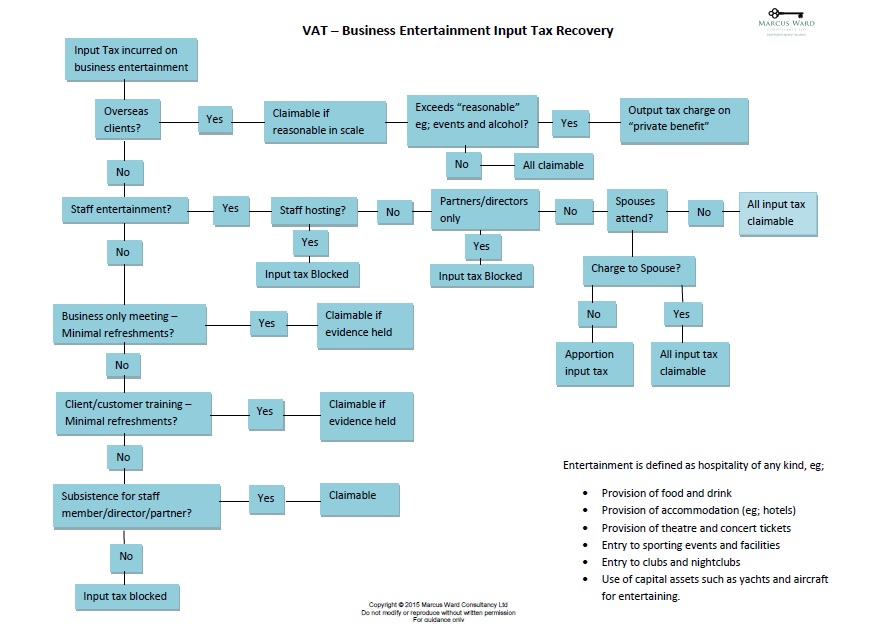I hope that the VAT position is helpfully summarised here. I thought it may be useful if the VAT treatment of various business promotion schemes is summarised in one place.
…I recall a statement from an old mentor of mine; “if you have a marketing department you have a VAT issue!”
Summary
| Offer | How to charge VAT |
| Discounts | Charged on the discounted price (not the full price) |
| Gifts | Charged on the gift’s full value – there are some exceptions listed below |
| Multi-buys | Charged on the combined price if all the items have the same VAT rate. If not, VAT is ‘apportioned’ as mixed-rate goods |
| Money-off coupons, vouchers etc | No VAT due if given away free at time of a purchase. If not, VAT due on the price charged |
| Face value vouchers that can be used for more than one type of good or service (multi-purpose) | No VAT due, if sold at or below their monetary value |
| Face value vouchers that can only be used for one type of good or service (single-purpose) | VAT due on the value of the voucher when issued |
| Redeemed face value vouchers | Charged on the full value of the transaction at the appropriate rate of the goods provided in return for the voucher |
Exceptions for gifts
There’s no VAT due on gifts given to the same person if their total value in a 12 month period is less than £50.
Free goods and services
A business is not required to account for VAT on things like free samples if they meet certain conditions.
| Supplies | Condition to meet so no VAT due |
| Free samples | Used for marketing purposes and provided in a quantity that lets potential customers test the product |
| Free loans of business assets | The cost of hiring the asset is included in something else you sell to the customer |
| Free gifts | The total cost of all gifts to the same person is less than £50 in a 12 month period |
| Free services | You don’t get any payment or goods or services in return |
Background
Face value vouchers
Recent changes, radically alter the UK rules for face value vouchers (FVV). FVVs are; vouchers, tokens, stamps (physical or electronic) which entitle the holder to certain goods or services up to the value on the face of the vouchers from the supplier of those goods or services.
Examples of FVVs would include vouchers sold by popular group discount websites, vouchers sold by high street retailers, book tokens, stamps and various high street vouchers.
Single or multi-purpose
The most important distinction for FFVs is whether a voucher is a single purpose voucher or multi-purpose voucher. If it is a multi-purpose voucher then little has changed. If it is a single purpose voucher, however, HMRC will now required output tax to be accounted for at the date it is issued.
Single purpose vouchers are vouchers which carry the right to receive only one type of goods or services which are all subject to a single rate of VAT. Multi-purpose vouchers are anything else. The differences can be quite subtle.
For example:
- a voucher which entitles you to download an e-book from one seller will be a single purpose voucher. A voucher which entitles you to either books (zero rated) or an e-book download (standard rated) from the same seller will be multi-purpose
- a voucher which entitles you to £10 of food at a restaurant which does not sell takeaways is probably single purpose, whereas if the restaurant has a cold salad bar and you can buy a take away with the voucher (or hot food) then it would be multi-purpose.
The above means that for single purpose vouchers VAT is due whether the voucher is actually redeemed or not; which seems an unfair result. There is no way to reduce output tax previously accounted for if the voucher is not used.
Please contact us if you, or your clients use this type of business promotion. of course, get it wrong, and there is likely to be a financial penalty!

